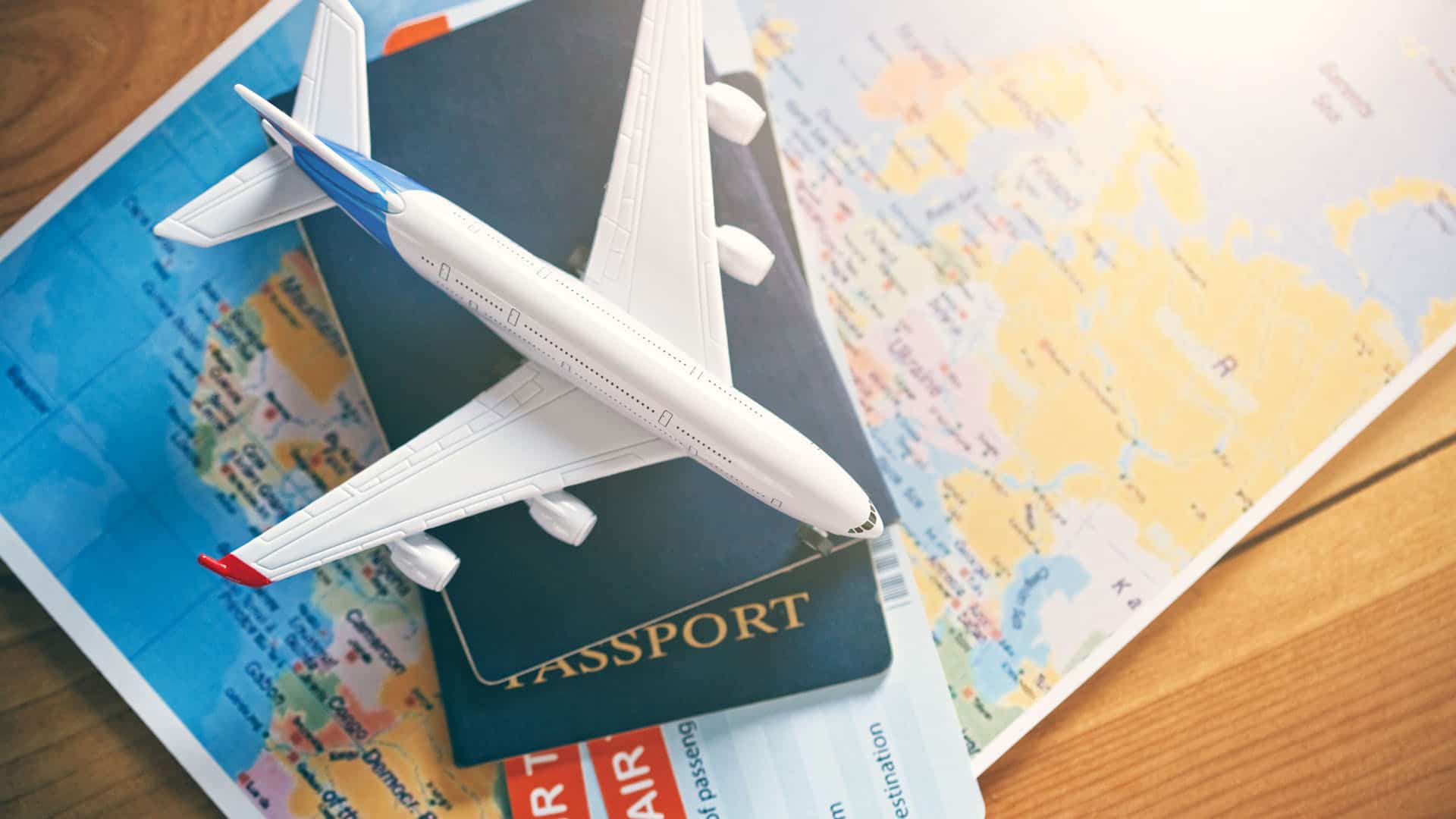
Travel agencies have been instrumental in shaping the Linktaimod.com/ travel landscape, acting as intermediaries between travelers and the vast network of airlines, hotels, transportation providers, and tour operators. They play a crucial role in planning, organizing, and managing trips, catering to diverse travel needs and preferences.
Table of Contents
What is a Travel Agency?
A travel agency is a business that acts as an intermediary between travelers and various travel suppliers, such as airlines, hotels, car rentals, cruise lines, and tour operators. Travel agencies provide a range of services, including:
-
Trip planning and consultation: Assisting travelers in selecting destinations, itineraries, and accommodations.
-
Booking and ticketing: Arranging transportation, accommodations, and other travel-related arrangements.
-
Visa and passport assistance: Guiding travelers through visa and passport requirements.
-
Travel insurance: Providing options for travel insurance to protect against unforeseen circumstances.
-
Currency exchange: Exchanging currencies for international travel.
Types of Travel Agencies
Travel agencies can be classified into various types based on their size, ownership, and specialization:
-
Retail travel agencies: Serving the general public, offering a wide range of travel services.
-
Tour operators: Organizing and leading group tours, often Cowboysproshopauthentic.com/ with specific themes or destinations.
-
Wholesale travel agencies: Providing services to other travel agencies, such as package deals and bulk bookings.
-
Online travel agencies (OTAs): Operating primarily through online platforms, offering a wide range of travel products and services.
Benefits of Using a Travel Agency
Travel agencies offer several benefits to travelers, including:
-
Expertise and knowledge: Travel agents possess extensive knowledge of destinations, travel products, and regulations, providing expert advice and guidance.
-
Convenience and time-saving: Travel agents handle travel arrangements, saving travelers time and effort.
-
Negotiating power: Travel agencies often have access to better rates and discounts than individual travelers.
-
Personalized service: Travel agents can provide personalized recommendations and cater to specific travel needs.
-
Peace of mind: Travel agents can handle unforeseen issues and provide support during travel disruptions.
How to Choose a Travel Agency
When selecting a travel agency, consider factors such as:
-
Reputation and experience: Choose an agency with a proven track record and positive customer reviews.
-
Specialization: If you have specific travel interests, seek an agency that specializes in that area.
-
Location and accessibility: Choose an agency conveniently located and accessible for consultations.
-
Communication style: Ensure the agency’s communication style aligns with your preferences.
The Future of Travel Agencies
In the digital age, travel agencies are adapting to evolving traveler expectations and technological advancements. They are leveraging online platforms, mobile apps, and data analytics to provide more personalized and efficient services. Travel agencies are also focusing on niche markets and specialized travel experiences to differentiate themselves in a competitive landscape.
Conclusion
Travel agencies continue to play a vital role in the travel industry, providing valuable services and expertise to travelers worldwide. As the world becomes increasingly interconnected, travel agencies are poised to help individuals and groups explore new destinations, immerse themselves in diverse cultures, and create unforgettable travel memories.